
Physical appearance standards in the aviation industry are often a concern for prospective flight attendants. However, The suitability of a flight attendant is not only determined by physical appearance, but also by skill, knowledge, and the ability to provide good customer service and maintain passenger safety. In answering the question whether cavities can be an obstacle for someone from becoming a flight attendant, it is important to consider several factors.
1. Appearance Standards in the Aviation Industry:
Physical appearance standards are often part of airlines' hiring criteria for flight attendants. Airlines usually have guidelines governing the physical appearance of flight attendants, including requirements related to cleanliness, grooming, and dental condition.
2. Cavities and Physical Appearance:
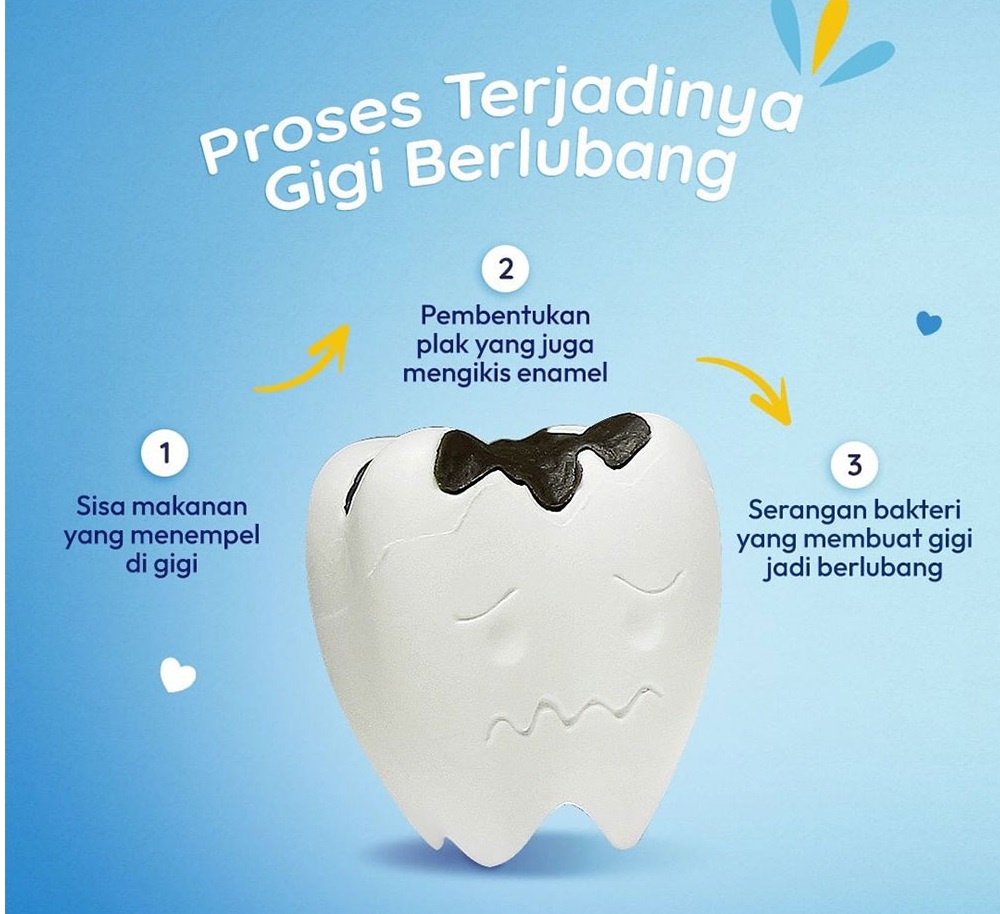
Cavities can affect a person's physical appearance, especially if the hole is located in the front tooth which is easily visible when talking or smiling. This can affect the overall impression a flight attendant conveys to passengers.
3. The Influence of Appearance on Airline Image:
The image of an airline can be influenced by the appearance of the flight attendants which is a direct representation of the company brand. Therefore, Airlines often have an interest in ensuring that their flight attendants meet appearance standards consistent with the company's image.
4. Health and Safety Considerations:
Apart from physical appearance, Dental health may also be a consideration in the aviation industry. Cavities can be a source of pain or infection that can interfere with a flight attendant's performance. Poor dental health can also increase the risk of cross-infection in emergency situations.
5. Other Qualifications and Skills:
Flight attendant qualifications and skills, such as good communication skills, friendly customer service, Strong aviation safety knowledge, and the ability to work in emergency situations, often more important than physical appearance. Although physical appearance is important, Other qualifications and skills should also be considered.
6. Flexibility and Tolerance:
Some airlines may be more flexible and tolerant of different physical conditions than others. Airlines that accept and value diversity may be more likely to exclude cavities as a barrier, especially if other qualifications and skills are met.
7. Dental Repair and Treatment Efforts:
Before excluding a prospective flight attendant based on dental condition, airlines may provide opportunities to repair or treat their teeth. Aspiring flight attendants may be required to have their cavities repaired before they can be hired, especially if the problem can be resolved with proper dental care.
Conclusion:
In the aviation industry, Flight attendants' physical appearance is often an important consideration in hiring. However, The suitability of a flight attendant is not only determined by physical appearance, but also by qualifications, Skills, and their ability to provide good customer service and maintain passenger safety. Although cavities can affect physical appearance, Tolerant and inclusive airlines may be more likely to exclude these conditions if other qualifications and skills are met. On the other hand, Flight attendants who have dental health problems may be expected to have their teeth repaired or treated before starting their duties as a flight attendant.
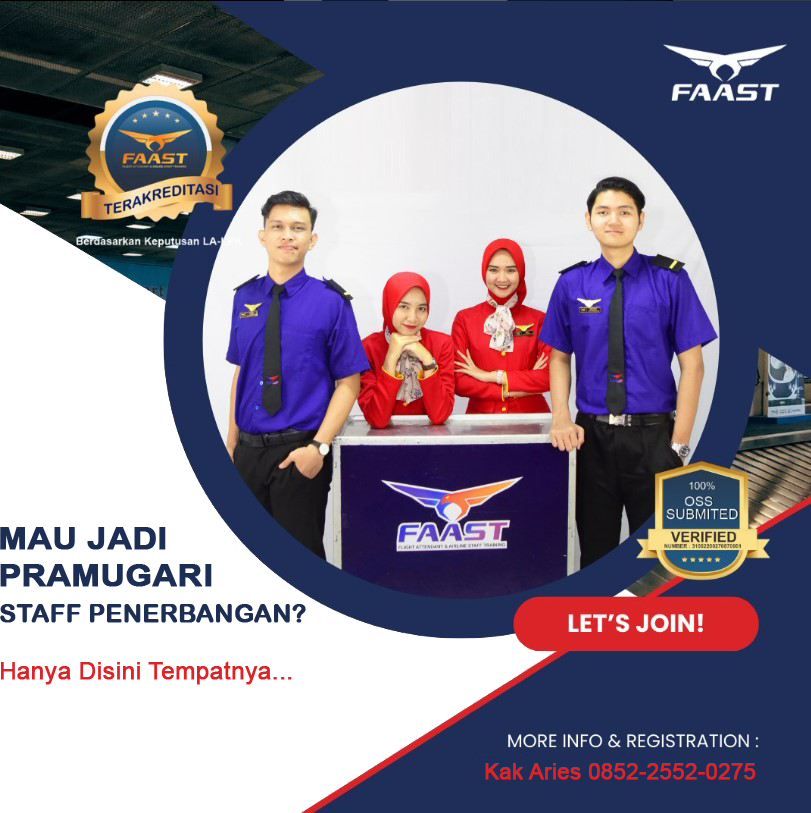
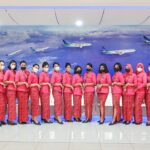





















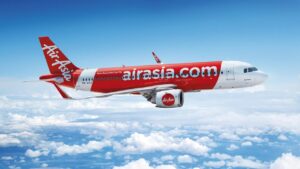
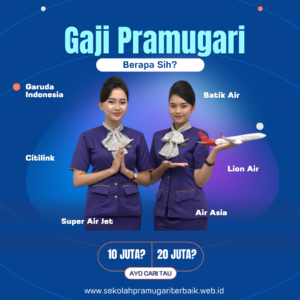



Leave a Reply